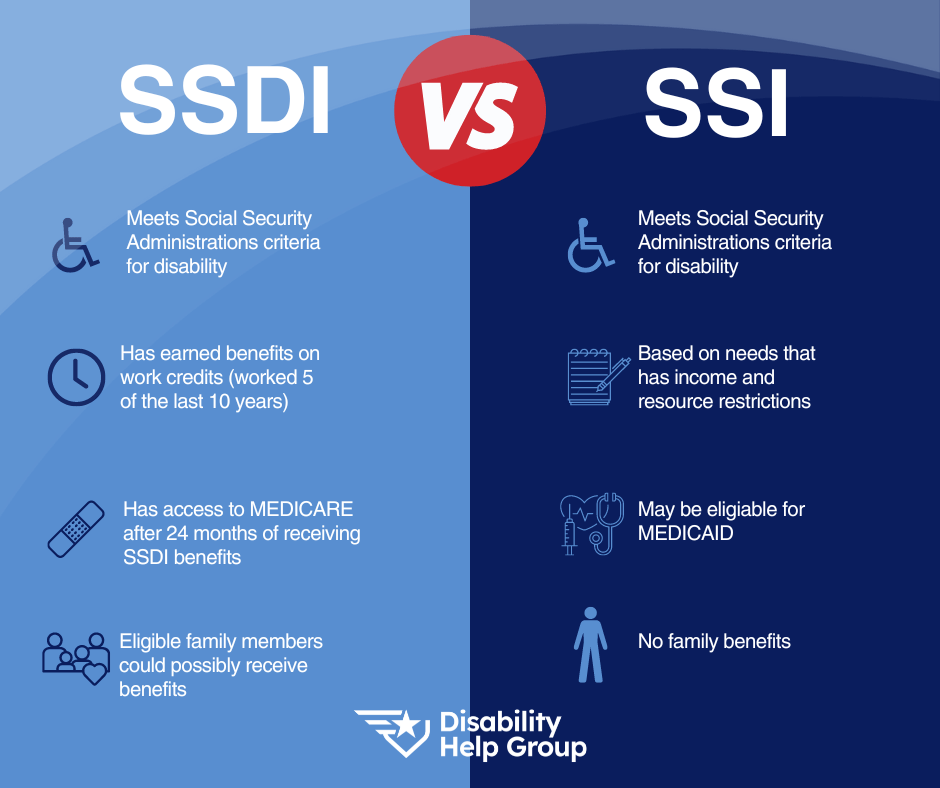Can I Work While Applying for SSD Benefits?
Some disabilities are so severe that you have no choice but to stop working immediately. Sometimes, the progression is more complex. Perhaps your doctor has told you that it’s not safe for you to continue in your job with your medical condition, but you’re still pushing through because your paycheck is your only source of income to cover your basic needs. Or maybe you are able to work, but only part-time or sporadically.
This can be a Catch-22 for someone who wants to apply for SSD benefits. Here’s what you need to know about working and applying for SSD.
Does Working Disqualify You from Receiving SSD Benefits?
The Social Security Administration (SSA) defines disability as being unable to engage in “substantial gainful activity” (SGA) due to your medical condition or conditions. In 2024, the monthly SGA amount is $1,550. That means if you’re able to earn at least $1,550 (before taxes) each month, the SSA doesn’t consider you disabled. The cut-off is increased to $2,590/month for a blind applicant.
If you’re only able to work a little and your earnings are below the SGA level, you may still qualify for SSD benefits. But if you’re earning above the SGA cut-off, you are engaging in substantial gainful activity. By the SSA’s definition, that means you’re not disabled. If you tried to go back to work after you became disabled and couldn’t sustain it, you may still qualify for SSD. But, your case will be more complicated.
Working While on SSD
The SSA offers people receiving disability benefits the opportunity to attempt to go back to work without losing benefits. If you’re going to attempt to work while on SSD, you must understand exactly how the program works. Any month in which you earn above a certain threshold is considered a “trial work” month. In 2024, the cut-off is $1,110/month.
If you accrue nine of those in any 5-year period, you enter an extended period of eligibility (EPE). The EPE can last up to 36 months, but if you exceed the SGA threshold, you will no longer be considered disabled.

Applying for SSD Benefits While Working
If you returned to work after becoming disabled but were unable to continue, or you are currently working and want to pursue SSD benefits, it’s in your best interest to consult an experienced SSD benefits advocate right away. At Disability Help Group, our advocates have extensive experience with the sometimes-complex formulas and assessments the SSA applies and can help you assess your eligibility and construct the strongest possible application. If you’ve been denied because you were engaging in SGA but are no longer able to do so, we can assist with your appeal or–if too much time has passed to appeal–the re-application process. To learn more, call us right now at 800-800-3332 or fill out our contact form.







